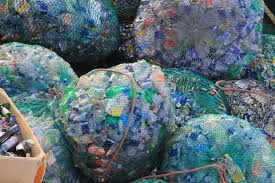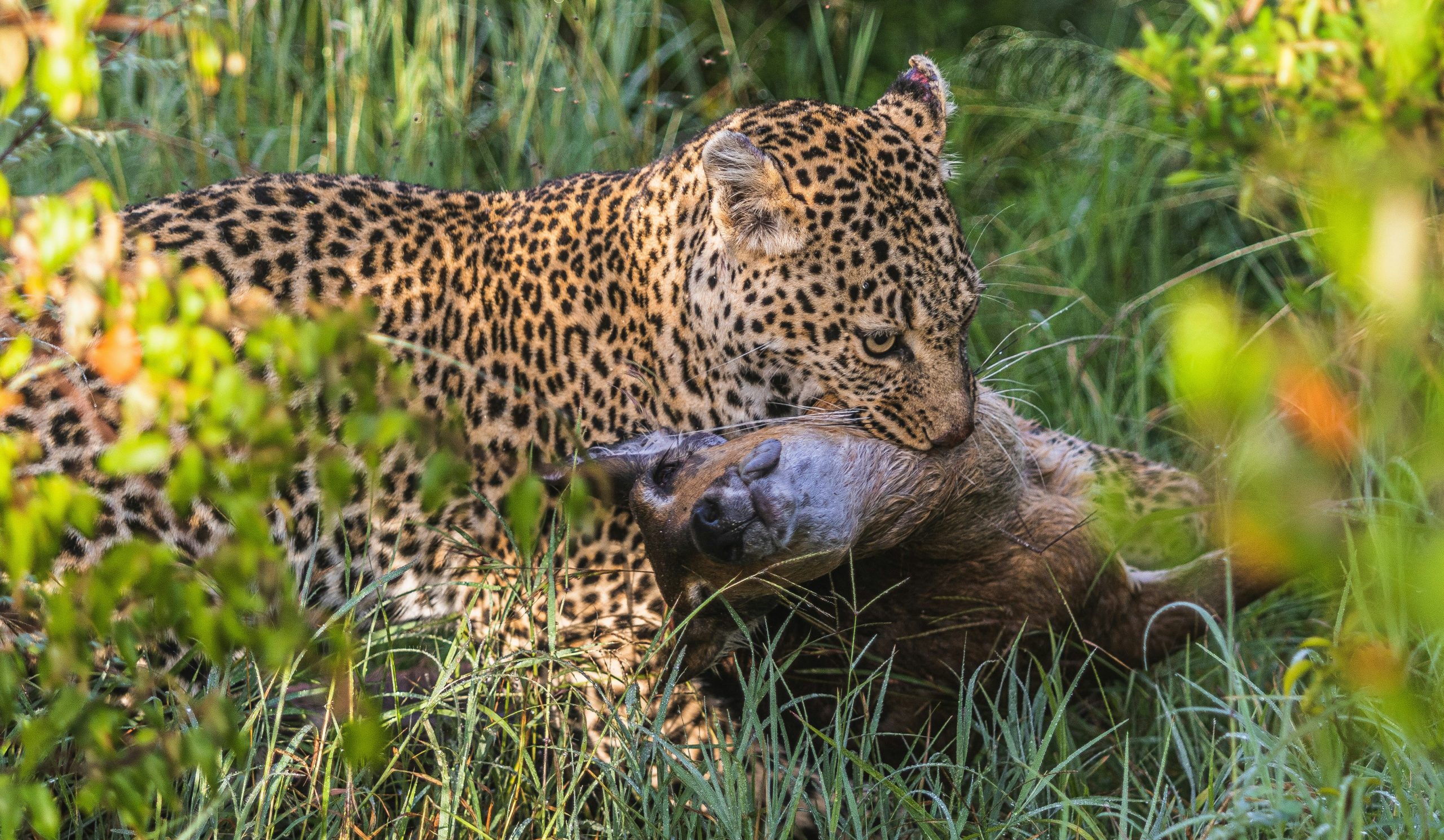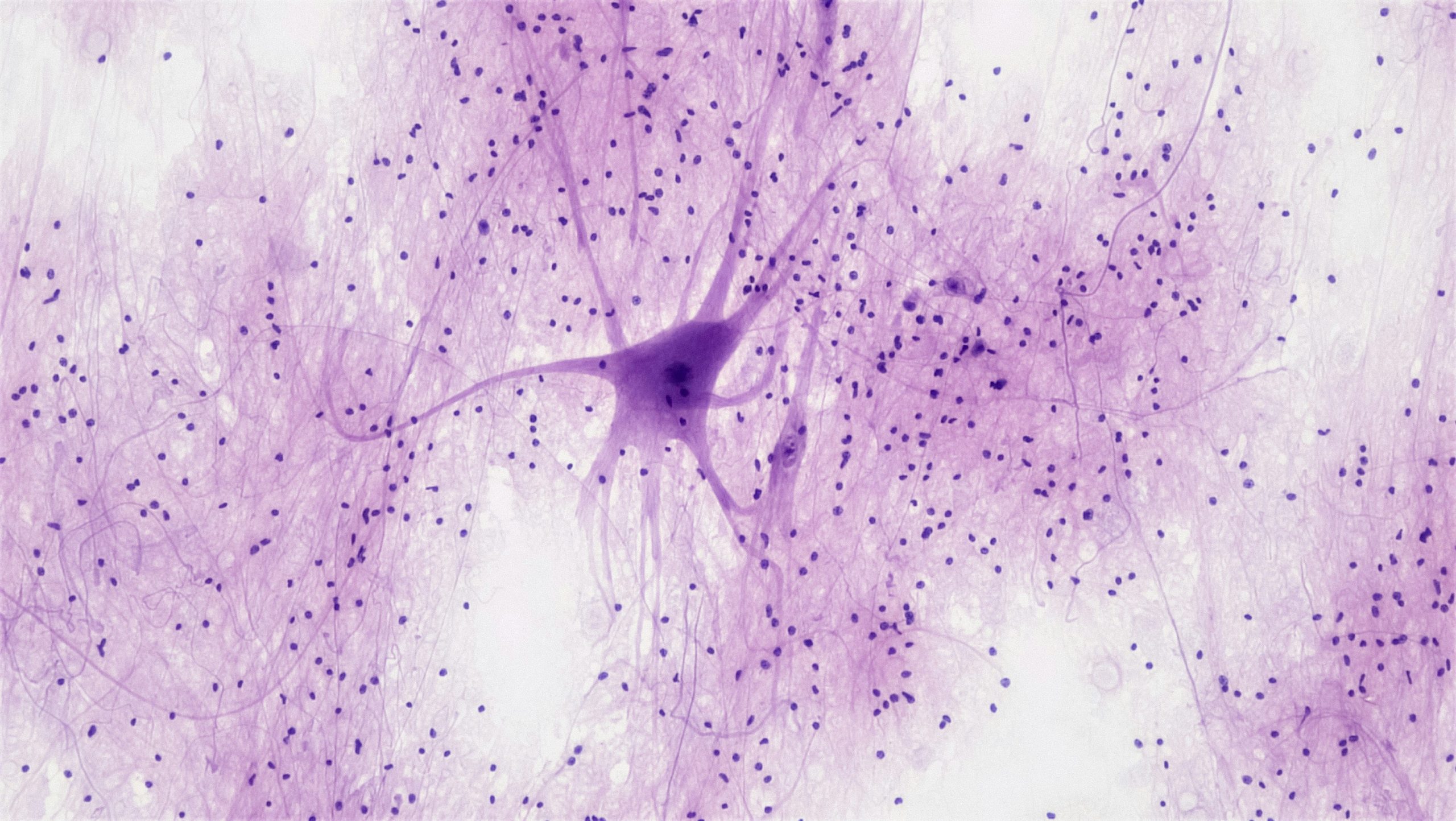By Anna Grube, Year 11, Alleyn’s School, London
A young scientist, Daniel Burd from Waterloo, Ontario, shocked the world when he made a major scientific discovery to help solve the growing problem of plastic pollution. The 17-year-old student won the Canada-wide science fair in 2008 with a study on plastic-degrading microorganisms, capable of breaking down the un-biodegradable polythene polymers in plastic bags, which can otherwise take hundreds of years to do so. When they do break down, tiny plastic micro particles are formed, which pollute our drinking water and can have ill effects on health when ingested in large quantities. It is predicted that there will be more of these plastic particles than fish in the oceans by the year 2050.
Burd says he was tired of plastic bags falling on his head every time he opened the closet and he realised the various problems that durability of plastic causes, for example the unmanageable growth of garbage patches and landfills across the world, and the harm it does to marine life. The Great Pacific garbage patch is about three times the size of France and it’s still growing. A lot of it is single use plastic, like disposable cutlery and plastic straws, the kind of things that marine animals can choke on when they mistake it for food.
Deciding to tackle this and investigate natural ways in which plastic can be broken down fast, Daniel Burd made the hypothesis that polythene-degrading microorganisms found in nature can degrade plastic bags. He had access to his school’s laboratory, an API microorganism identification kit and some supplies purchased on EBay. First he made polythene powder and formed strips of it to be degraded by the microorganisms. He then collected soil samples from a local landfill (containing the microorganisms required) and isolated microbial strains of aerobic bacteria, genus Sphingomonas and Pseudomonas to be cultured and used. In incubated flasks, he let the microbial strains degrade the polythene strips and looked for results by way of weight loss of the polythene strips.
After months of repeating and improving the experiment, changing the incubation temperature and mixture of Sphingomonas and Pseudomonas strains, Burd came to his concluding results. With a specific mixture of the microbial strains at a temperature of 37°C, 43% of the strips could be degraded in 6 weeks! This is a very useful discovery as the plastic industry could use Burd’s solution of polythene degradation with microorganisms to help finally overcome plastic pollution.
Not only did Daniel Burd win 1st place in the Canada-wide science fair for his discovery, but he also received $57,825 worth of scholarships and additional awards, including a $20,000 entrance scholarship to the university of Ottawa. As well as being an inspirational young scientist, he took interest in music, sport, languages and was part of many societies and clubs at the Waterloo Collegiate Institute. He has completed grade 8 piano and helps organise charity events in his free time, such as dog walking for people with disabilities.
This makes him a role model for teens and young people around the world, as he is evidence that age, resources, and amount of free time available don’t curb scientific potential. We are experiencing the fastest ever rate of scientific and technological advancement, more questions are being answered than ever before and perhaps even more are being asked. Young scientists of our generation have more opportunities than Einstein, Newton or Darwin ever did due to the high standard of education and access to the Internet giving us research at our fingertips. Others have already explored many of the functions of the human body and the planet we live on, found out why the sky is blue and why that’s not always the case, even delved into the depths of space; now it’s our turn to be inspired and surpass them all. In a world where we are expected to make more scientific progress in the next 50 years than in the last 400, and things like 3D printed organ transplants and elevators to space aren’t out of the question, it’s essential that we follow the lead of young scientists like Daniel Burd and remain on the search for knowledge.





